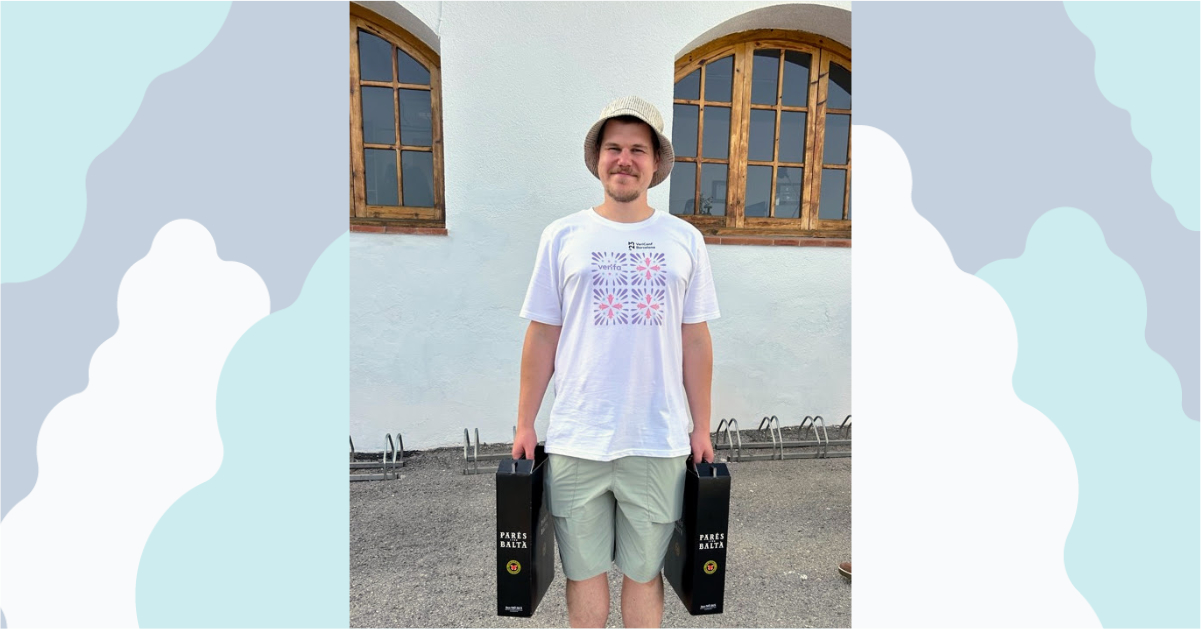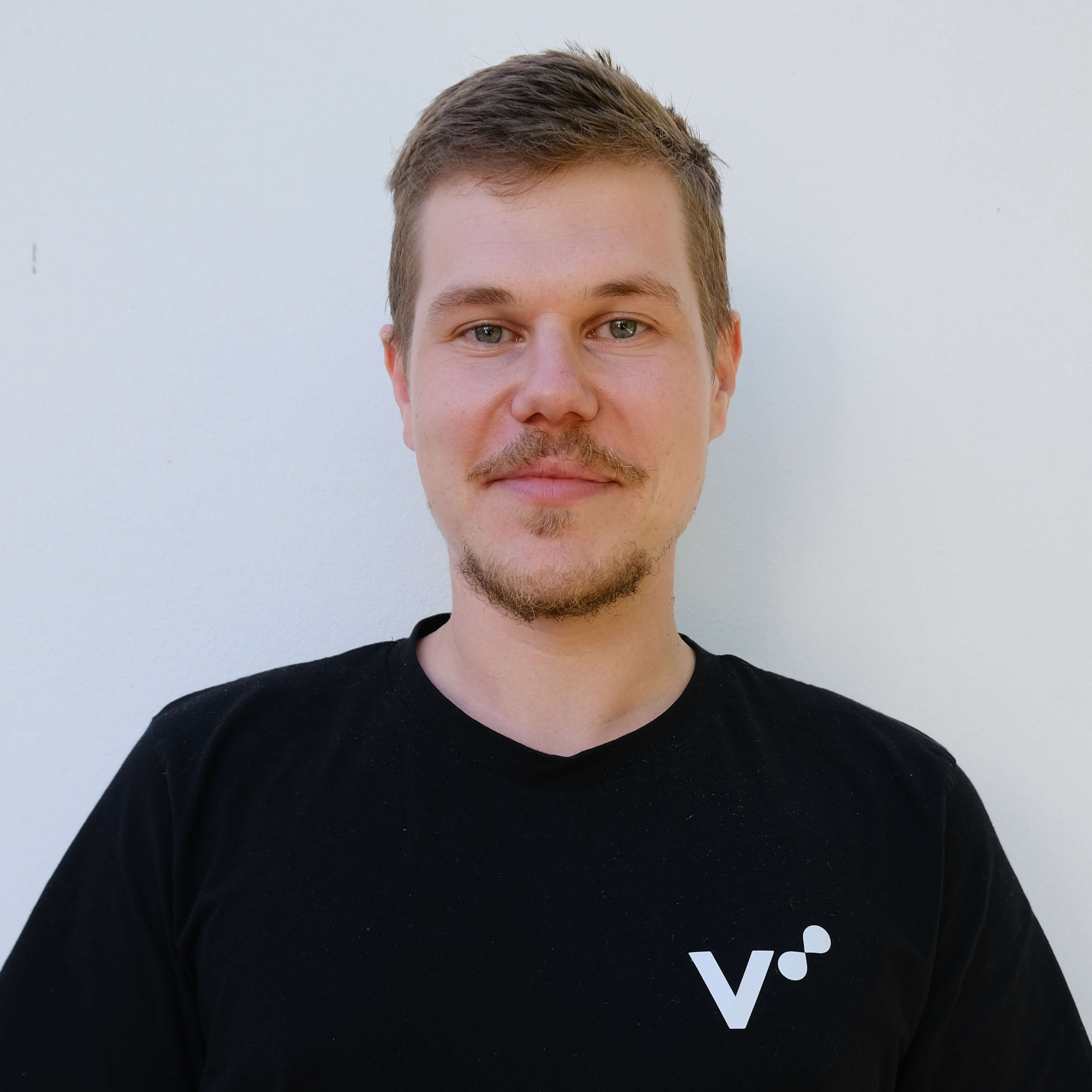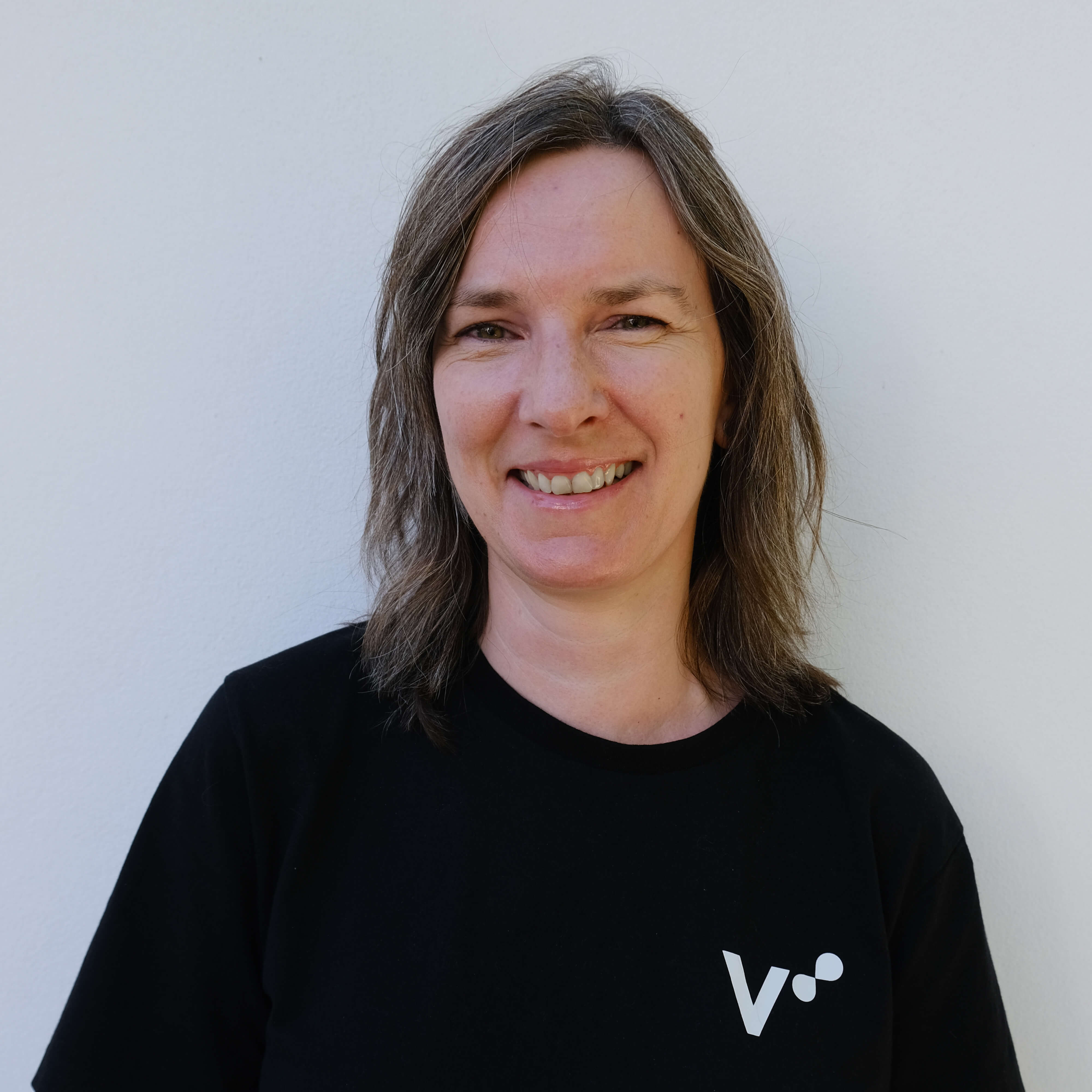
Introducing Jacob Lärfors, Founder and CEO of Verifa.
Why did you start Verifa?#
In the 2010s I was working as a consultant to implement and train developers how to use specialised commercial static analysis and unit testing tools, primarily for embedded C and C++ projects. The part of my work I enjoyed the most was helping developers and working with Continuous Integration (CI). At that time, not everyone was practicing CI and many did not have a CI tool being actively used so I found a gap in the market that I enjoyed working in.
Over time I found that all I wanted to do was help development teams, and not be associated with specific tools. I wanted to be truly tool agnostic, free to choose the right tools for the job. Hence, I started Verifa to be tool agnostic and (as much as possible) use open source.
What’s important to you when building and developing Verifa?#
The goal of Verifa was never to be a big business but to be a great place to work, where people can learn and develop themselves while solving real-world problems for our customers. Early on I found that taking care of the people at Verifa means they will take care of each other and our customers; probably the most valuable lesson I have learnt. So what is important at Verifa is the crew, and I find it the main motivator also for myself to keep working at Verifa.
What’s one of the most interesting changes you’ve observed in the industry recently?#
Besides AI? :) Let’s not talk about AI, there’s enough people doing that. Probably the most interesting change for me personally, is the rising push back against YAML (and other declarative configs) and using programming languages for application deployments and infrastructure provisioning. The reason I think this is so relevant and important to me is to help develop proper “platforms” for developers to use. This is not a short discussion though, so maybe I will write a blog or give a talk about this in the near future.
What do you expect the industry to look like in the next 5 years?#
Hopefully less complex and less trendy. I think people are starting to realise that all the amazing, complex environments they build are not really needed. Just because it is a CNCF project, or someone talked about how great something is, does not mean that you need it. Maybe it is just me aging and becoming cynical. But I think learning to keep things simple and using programming languages (rather than declarative languages) will be the future for anyone in the “DevOps” space. At least that is my hope.
What do you like to do outside of work?#
My three favourite hobbies (in no particular order): juggling (mainly clubs), piano, and rollerblading (I recently started going to skateparks again with my daughter). I have a family so spending time with them and showing the world to my daughter is something that brings me endless joy.
What is a fun fact about you that may surprise people?#
Once upon a time, when my French was even worse than it is now, I believed that “désolée” meant to be lost, deriving from the English word “desolate” (as in an empty place). So I went around the French speaking part of Switzerland when I was travelling for work going up to people and saying “Hello, I am sorry” and then proceeding to asking for directions with a map. Besides that, I prefer cats over dogs, vim over emacs, spaces over tabs and provoking people over irrelevant things.

